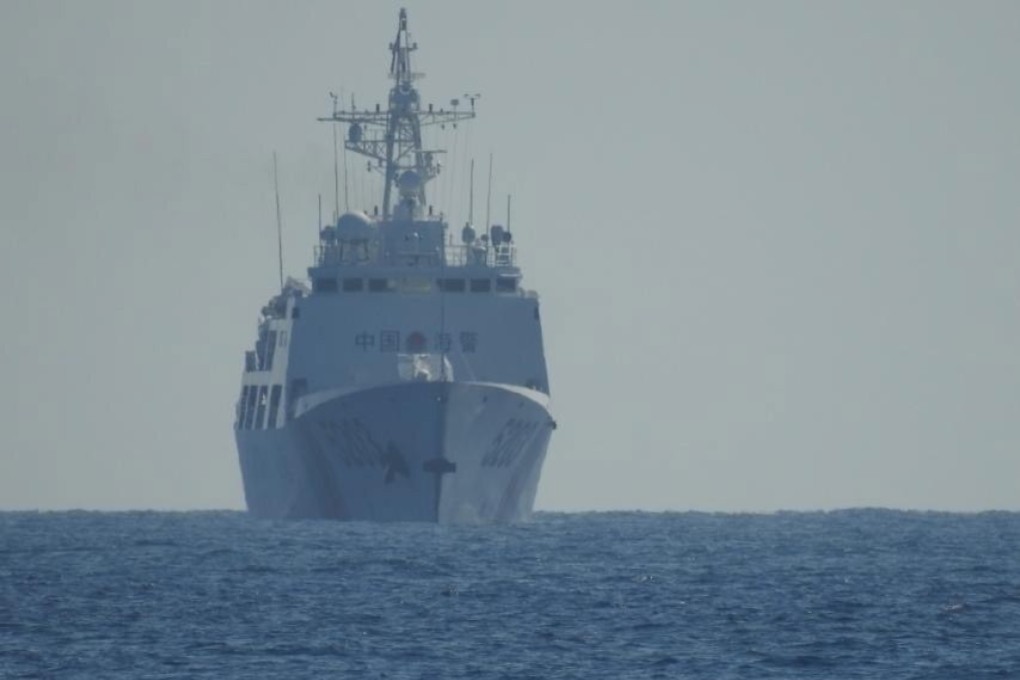Advertisement
Australia-China relations: US, allies ‘acquiesced and allowed’ China’s South China Sea expansion, Australian minister says
- Defence Minister Peter Dutton’s comments come ahead of a planned meeting in Australia of the Quad security partnership that his US counterpart is set to attend
- Australia’s opposition leader also hardened his China stance on Monday in the lead up to federal elections set to be held in the country before the end of May
Reading Time:2 minutes
Why you can trust SCMP
25

The US and its allies need to push back harder against China after they “acquiesced and allowed” Beijing to expand its footprint in the South China Sea over the past decade, Australia’s Defence Minister Peter Dutton said.
“If we continue on that trajectory, then I think we’ll lose the next decade,” Dutton said in an interview with The Sydney Morning Herald published on Monday. “And my sense is that we’re better off being honest about that.”
Dutton’s comments come ahead of a planned meeting this month in Australia of the Quad security partnership, with US Secretary of State Antony Blinken set to attend along with counterparts from Japan and India. The four-nation group has met more frequently as it looks to counter China’s rise in the region.

China has increased its control over the South China Sea over the past decade, building artificial structures on disputed territory and sending large ships to prevent neighbouring countries from extracting fish and energy from the seas.
In the interview, Dutton did not elaborate on what more the US and its allies could do in the waters to deter China. He also said he had “no doubt” Australia would have its own nuclear-powered submarine by 2038, under the Aukus agreement with the US and the UK announced last year.
Meanwhile, Australia’s opposition leader Anthony Albanese told The Sydney Morning Herald that Canberra needs to respond to Beijing in a way that is strong but also diplomatic, toughening his stance on China in the lead up to the 2022 elections.
Advertisement